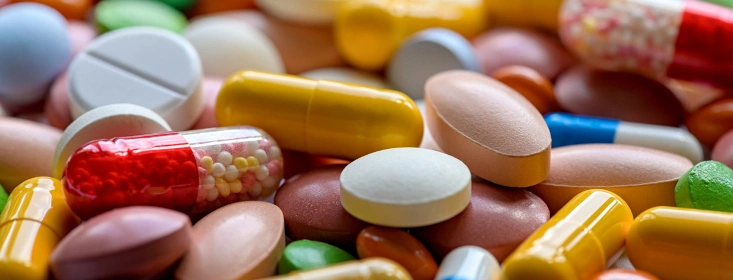Pa.’s AG right about counterfeit meds

If you've been browsing Instagram or TikTok lately, you've undoubtedly come across polished telehealth promotions that advertise doctor-prescribed weight-loss injections, such as Ozempic or Wegovy, conveniently delivered to your home. Platforms like Ro, Willow, Eden, and Hims/Hers flood social media feeds with enticing deals that seem like a fast track to shedding pounds. For many consumers, that promise might be significantly misleading.
The demand for GLP-1 medications is on the rise, and so are the efforts of the unregulated market to meet that demand. In May, Pennsylvania Attorney General Dave Sunday alerted residents about "counterfeit products inundating the market" and advised them to purchase exclusively from licensed pharmacies. He stressed that the FDA should utilize its enforcement powers "to safeguard consumers."
Sunday is not acting alone. In February, he partnered with 37 other states and territories.In a letter with bipartisan support, attorneys general urged the FDA to take action against companies selling unapproved or adulterated GLP-1 medications acquired from offshore sources of "unknown origin."
According to the Philadelphia Inquirer, the agency has continued to apply pressure as counterfeit pens linked to hospitalizations have emerged in the United States.
As summer approaches its end, the issue remains critical.
The flashy telehealth ads fail to clarify that many "compound" or "research-use" versions available online are not FDA-approved generics. They are replicas that do not meet the agency’s bio-equivalence standards and are often mixed with bulk powders imported without proper evaluation. The National Association of Boards of Pharmacy indicates that over 40,000 online pharmacies are operating illegally or in ways that do not meet the organization’s approval.Shoppers in search of bargains may find themselves purchasing products lacking clinical evidence and with unclear supply chains.
The health risks are apparent; however, the long-term financial implications are even more severe. Patents are in place to ensure that companies willing to invest billions in research can recover their expenses and support the development of future medical advancements. When compounding pharmacies produce cheaper imitations during periods without an FDA-declared shortage, they undermine this incentive system. If taking shortcuts becomes commonplace, fewer companies will be willing to risk years of research and development.
Compounding pharmacies play a legitimate role: customizing doses for patients who cannot tolerate a particular ingredient or need a liquid formulation of a tablet.
The mass production of GLP-1 injections for the general market is not a specialized service. If a telehealth company or pharmacy acts as a manufacturer, it must comply with the same regulations.We are witnessing the rise of a gray market unfold in real time, driven by regulatory loopholes, eye-catching online promotions, and public apprehension. The danger is that an unusual dual structure could form, where stringent standards are enforced solely on corporations that adhere to regulations while others profit by ignoring them.
Genuine medical advancement requires time, risk, and capital. Let’s not permit a few low blows to ruin the situation for everyone.